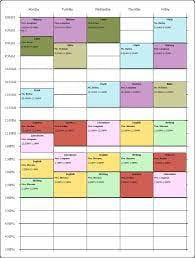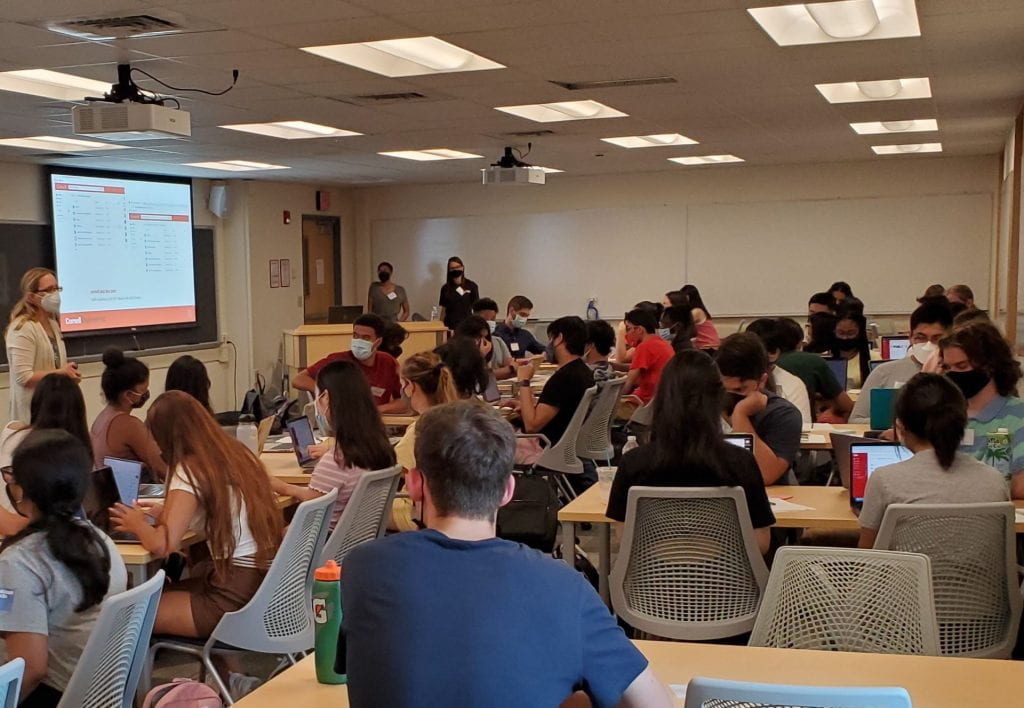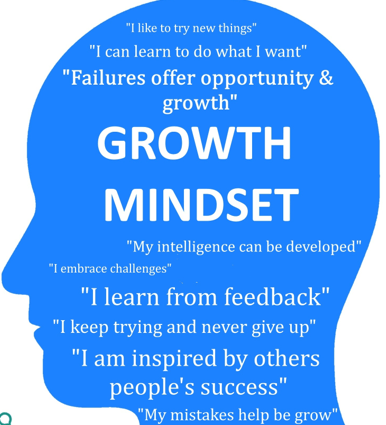Put your ‘Ducks in a row’
 It takes time to transition to a busy college schedule. And by ‘time’, we mean sometimes several semesters! If you don’t feel you are there yet, you are not alone! We all come to new experiences with different strengths, and sets of experiences. If you are an undergraduate student in the early days of your college career, this is a practical ‘To-Do’ list with tried and true advice and links to resources to cheer-you-on to a successful start of a successful semester!
It takes time to transition to a busy college schedule. And by ‘time’, we mean sometimes several semesters! If you don’t feel you are there yet, you are not alone! We all come to new experiences with different strengths, and sets of experiences. If you are an undergraduate student in the early days of your college career, this is a practical ‘To-Do’ list with tried and true advice and links to resources to cheer-you-on to a successful start of a successful semester!
Here are some steps and links to help you start the semester right.
1. Build your schedule: Before classes start!
 There are ‘old-school’ paper versions, Outlook and Google Calendars, and a million apps to help you organize your time. Time management is one very important aspect of a successful and healthy semester. Among other studies on the benefits of managing time for college students, Adams and Blair (2019) examined the impact of time management behaviors on Engineering students’ performance. Self-reported behaviors that correlated most strongly with GPA were setting goals and priorities (the building phase) and maintaining control over the time spent on various tasks (the sticking to it phase).
There are ‘old-school’ paper versions, Outlook and Google Calendars, and a million apps to help you organize your time. Time management is one very important aspect of a successful and healthy semester. Among other studies on the benefits of managing time for college students, Adams and Blair (2019) examined the impact of time management behaviors on Engineering students’ performance. Self-reported behaviors that correlated most strongly with GPA were setting goals and priorities (the building phase) and maintaining control over the time spent on various tasks (the sticking to it phase).
2. What to Schedule?: Including your personal wellness and free time
-
- In- Class time – including office hours, recitations, and discussions.
- Study time – personal preparation, study groups.
- Personal time – mental and physical well-being
- Networking or other co-curricular professional development time
3. Attend your Classes!!
 Studies show that students who attend their class meetings are more likely to have higher grades. Even if you feel well prepared for a particular course, attending the scheduled class meetings is perhaps the easiest way to keep up with work. Being introduced to new topics, getting insights from the instructor that might only be shared verbally, getting reminders for upcoming assignments, listening to the questions asked by peers, opportunities for in-class collaborations, are all ways that attending class can keep you on track and deepen your understanding, even when you feel you understand the material.
Studies show that students who attend their class meetings are more likely to have higher grades. Even if you feel well prepared for a particular course, attending the scheduled class meetings is perhaps the easiest way to keep up with work. Being introduced to new topics, getting insights from the instructor that might only be shared verbally, getting reminders for upcoming assignments, listening to the questions asked by peers, opportunities for in-class collaborations, are all ways that attending class can keep you on track and deepen your understanding, even when you feel you understand the material.
“…early and consistent class attendance strongly correlates with academic performance” (Kassarnig et al, 2017)
4. Stick to your Schedule: The hardest part – and you can do it!
The work of Adams and Blair (2019) with engineering students, generally matched the findings of other studies: Time management supports success! What they also found was that though students were quite successful at building schedules, they were less successful at sticking to them. The perception of control over scheduled time was much more difficult. But it can be done! Take this quick time management quiz to see where you might be able to improve.
Quick read on more good information about time management for college students!
5. Keep a ‘Growth Mindset’ and reach out for support as soon as you need it.
 A ‘growth mindset’ is in contrast to a ‘fixed mindset’. A growth mindset acknowledges that you might not be there yet, but with perseverance, you can, and will get there! A fixed mindset refers to the belief that the ability to learn or master certain topics is something that is innate and inflexible. The evidence-supported truth is that ones own perception of their ability to learn challenging material actually influences ones cognitive ability to do so. It is a bit like mind over matter! and it is REAL. Believe in yourself. You are capable of learning things that are challenging! The ability of your brain to learn challenging material can grow!
A ‘growth mindset’ is in contrast to a ‘fixed mindset’. A growth mindset acknowledges that you might not be there yet, but with perseverance, you can, and will get there! A fixed mindset refers to the belief that the ability to learn or master certain topics is something that is innate and inflexible. The evidence-supported truth is that ones own perception of their ability to learn challenging material actually influences ones cognitive ability to do so. It is a bit like mind over matter! and it is REAL. Believe in yourself. You are capable of learning things that are challenging! The ability of your brain to learn challenging material can grow!
College is the next step. It is supposed to be challenging. Finding oneself in need of support from peers or from the course teaching staff is normal and expected. That is why study groups are a great idea and why support offices and office hours are available. Everyone needs to share ideas and get new perspectives at some point, and it’s also the best way to deepen your understanding of material. If you don’t know the people who can help, ask an instructor or advisor! Collaboration results in deeper learning.
Here is a fun video to remind you to focus on the fascinating journey and grow rather than shrink from the challenges: The Super Mario Effect – Tricking Your Brain into Learning More | Former NASA and Apple Engineer – now Science and Engineering Youtuber, Mark Rober
-YOU GOT THIS! Have an amazing semester!
Engineering Learning Initiatives